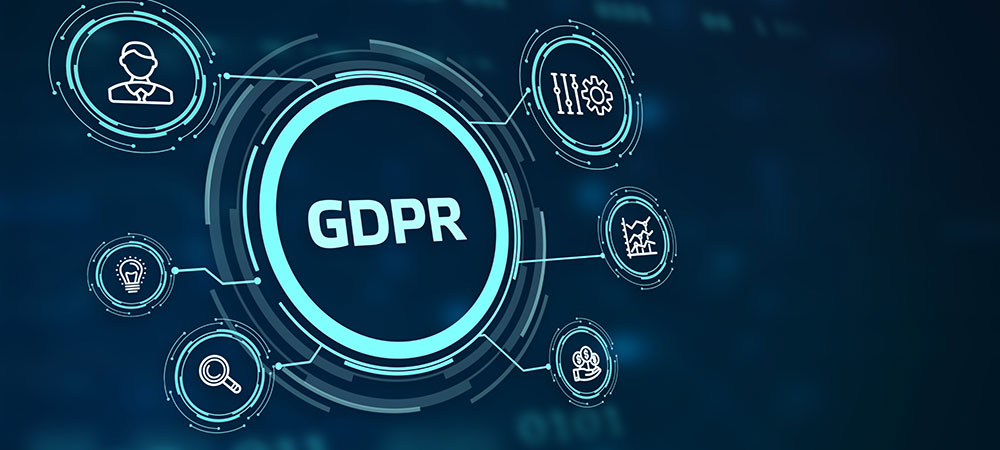
The integration of artificial intelligence (AI) into conflict mediation processes is a topic of increasing interest and debate among experts. While AI offers several potential benefits, including efficiency, data analysis, and the ability to provide insights from large volumes of information, there are also significant challenges and risks associated with its use in this context.
Benefits of AI in Conflict Mediation:
- Efficiency and Insight: AI technologies can analyze vast amounts of data and provide insights that may not be readily apparent to human mediators. This includes sentiment analysis, pattern recognition, and scenario modeling.
- Remote Communication: Especially in situations where in-person meetings are not feasible, AI-driven communication platforms like Skype facilitate remote negotiations and consultations, making mediation more accessible and inclusive.
- Immersive Technologies: Geographic information systems (GIS) and virtual reality (VR) offer diplomats immersive experiences and deeper understanding of conflict contexts, potentially enhancing empathy and effectiveness in mediation efforts.
- Data Analysis and Prediction: AI can rapidly process information to identify emerging threats to peace processes, analyze public sentiment, and predict future trends, providing valuable insights for decision-making.
Challenges and Risks:
- Bias and Prejudice: AI systems are developed by humans and may inherit biases present in the data used to train them. This can perpetuate or amplify social prejudices, leading to unfair or discriminatory outcomes.
- Information Authenticity: In an era of fake news and manipulated media, ensuring the authenticity and reliability of information used in mediation processes is critical. AI-driven tools must be able to discern between genuine and fabricated content.
- Human Dimension: Conflict mediation inherently involves human emotions, beliefs, and ideologies. While AI can provide valuable support, the core of mediation still relies on interpersonal relationships, trust-building, and empathy, which are uniquely human qualities.
- Data Security: As mediation processes increasingly rely on digital technologies, ensuring the security and integrity of sensitive information is essential. Blockchain technologies offer potential solutions for secure and decentralized data storage.
Conclusion:
While AI holds promise for enhancing conflict mediation processes, it is not a panacea. The human dimension of mediation, including empathy, trust, and interpersonal communication, remains essential. It is crucial to approach the integration of AI into conflict resolution with a nuanced understanding of its capabilities, limitations, and ethical considerations. Balancing the potential benefits of AI with the need to preserve human-centric approaches is key to leveraging technology effectively in pursuit of peace and stability.
For more insights and updates, visit our KI Design blog here.
Stay connected with us on Twitter for the latest news and discussions.





